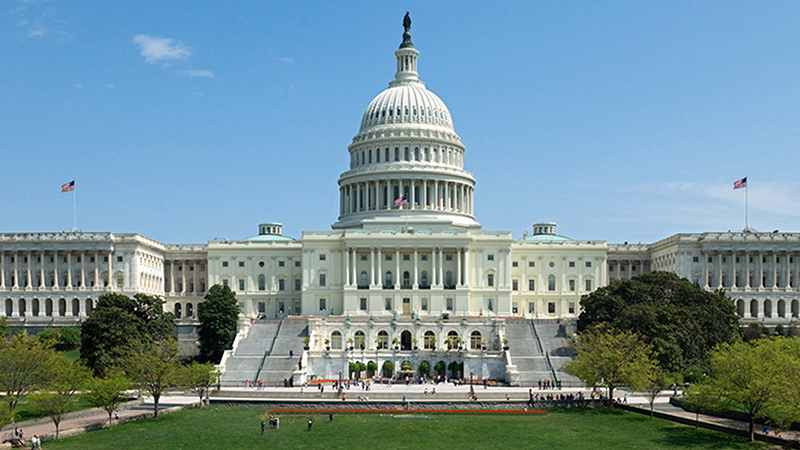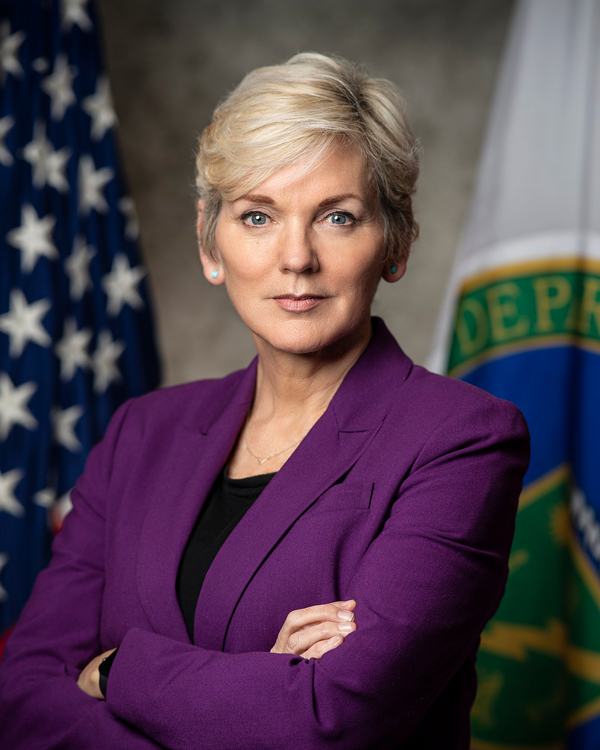MAY 9, 2022
The US Invests $3.16 Billion Into Strengthening Its Battery Supply Chain
On May 2, 2022, the Biden administration and US Department of Energy (“DOE”) announced its $3.16 billion program to strengthen domestic supply chains for batteries, and to incentivise domestic manufacturing capability within the United States.. The funding is part of the Bipartisan Infrastructure Law (“BIL”) enacted in 2021. Such funding will be allocated to companies solely endeavoring to build new electric vehicle (“EV”) battery factories and related components, bolster supply chains, and encourage recycling of lithium ion batteries.

Battery Materials Process Grant
ENRGY.GOV/BIL
The historic BIL will invest more than $1 trillion into the package, of which $550 billion will be directed toward new federal investments into domestic infrastructure over the next five years, including bridges, roads, water and energy systems, and even bettering the nation’s broadband. These funds are greatly needed, as the nation’s infrastructure system earned a C- score from American Society of Civil Engineers in 2021.The White House’s press release for the BIL stated 1 in 5 miles of highways and major roads, and 45,000 bridges, are in poor condition.
The BIL also included a “national blueprint” for manufacturing lithium ion batteries, and $7 billion for domestic battery supply chains, ranging from gathering raw materials to making battery cells, and recycling them at the end of their lives. These funds are separate from the $3.16 billion investment recently announced.

Jennifer M. Granholm Secretary Granholm will lead the Department in helping America achieve President Biden’s goal of net-zero carbon emissions by 2050 by advancing cutting-edge clean energy technologies, creating millions of good-paying union clean energy jobs, and building an equitable clean energy future.
Octillion Battery Producers website | octillion.us
These mandates have begun to strike a sense of urgency in the marine industry as well. This bodes well for Vision Marine Technologies, Inc. (VMAR-NASDAQ), as it strives to continue to be a leading contributor and voice in changing the traditional boating industry by electrifying global waterways with its proprietary groundbreaking zero emission E-Motion™ fully electric outboard and associated powertrain system. More than 90% of Vision Marine’s powertrain derives parts from North America, thus mitigating supply chain issues. Its partnership with battery manufacturer Octillion Power Systems, announced in January 2022, also secures its supply chain. The E-Motion™ is the first fully electric high performance powertrain, boasting 180 horsepower and significant torque. Vision Marine also continues to design, innovate, manufacture, and sell handcrafted, environmentally friendly, electric powerboats to recreational customers. These vessels are popularly used by rental companies, which have traditionally utilized internal combustion engines (“ICE”).



